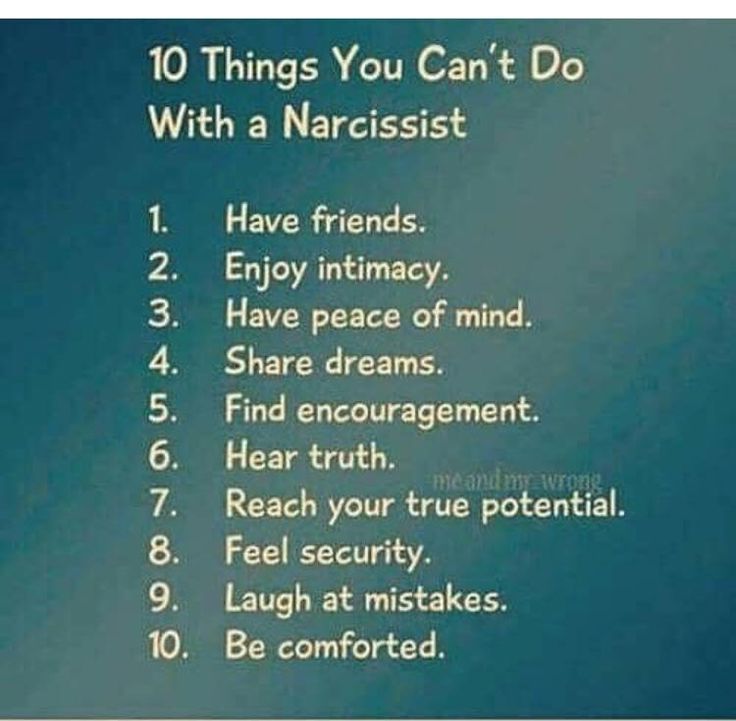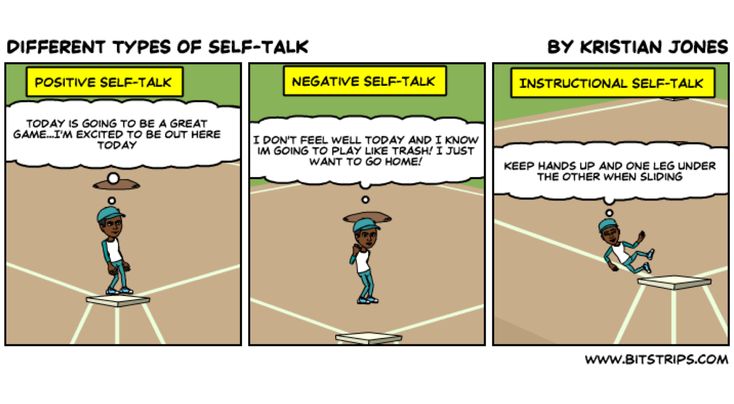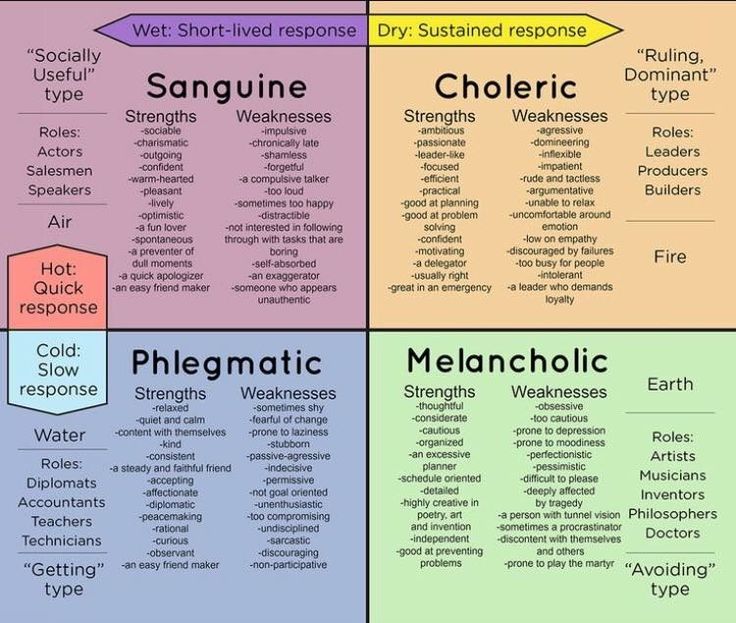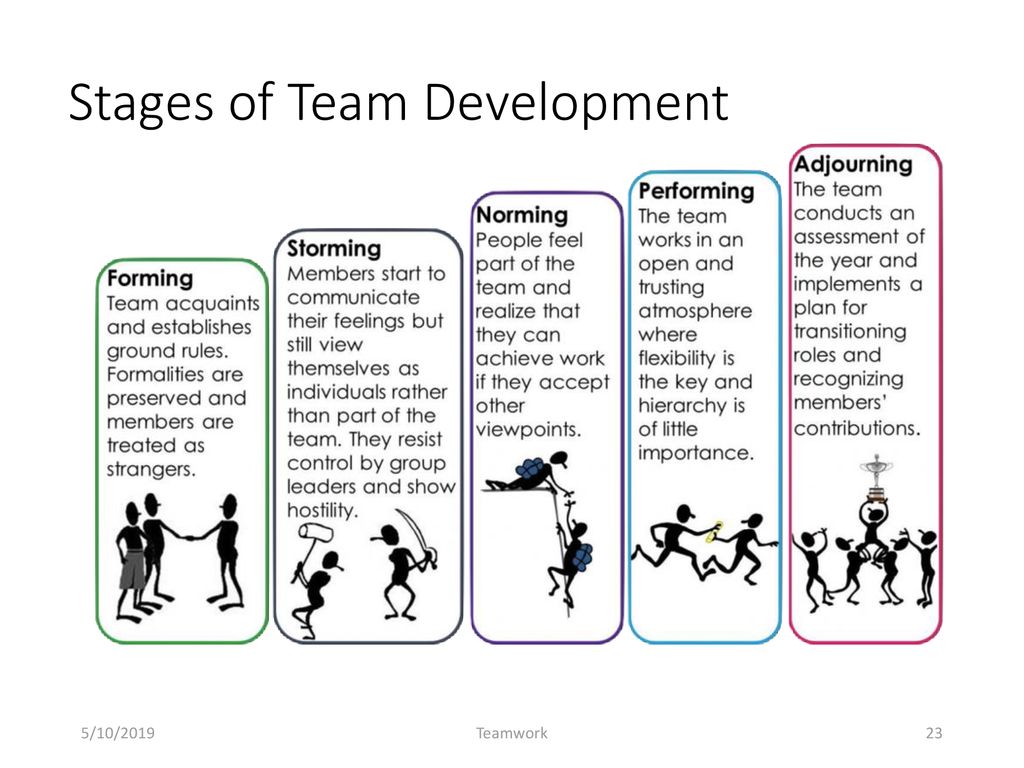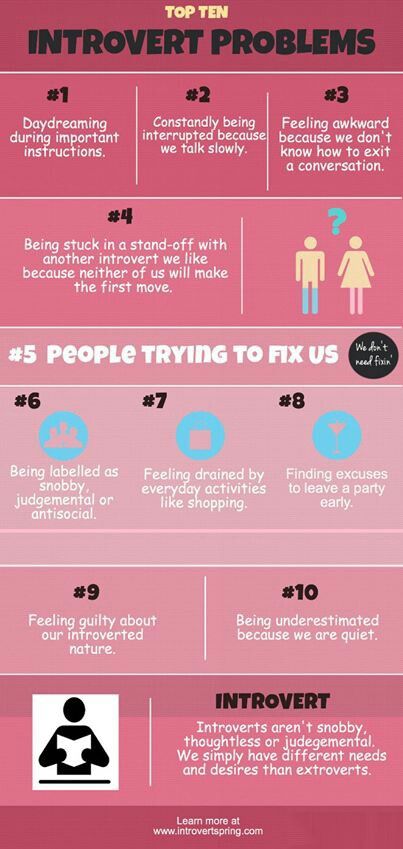How to communicate during an argument
How to Communicate During an Argument
As a San Diego relationship and couples counselor, I frequently run into couples who argue often. I never recommend arguing…ever. Instead, I recommend couples reaching for one another and resolving the issue in a loving discussion. If you have found yourself caught in an ongoing cycle of arguing, back and back bickering, and sometimes even yelling, you can take a proactive stance and try to decrease the battles. Here are some quick tips to decrease the damage that emotional blows can do to the relationship.
Avoid bringing up the past
When your partner comes to you with a concern or is upset, avoid bringing in the past as an example, to prove your point, or in an attempt to resolve the issue. If the past is brought up the argument just has more fuel to keep it burning. Bringing in other issues can ignite a variety of emotions and the discussion can get off track. Make a mental note of your concern and bring it up later in a new discussion.
Stay on topic to resolve the specific issue at hand before addressing other unresolved issues.
Use positive pointing language
The way couples phrase their words during an argument can impact how either partner reacts. Pointing language is language specifically directed at your partner, and often uses phrases such as ‘You never,” You should,” or “You always”.” When pointing language is used, partners can become defensive and tend to automatically tune out what is being said. This may lead to a continued cycle where each partner does not feel like he or she is being heard. Instead, use positive language that targets yourself, not your partner (for example, “In my experience” or “I feel”). By expressing to your partner how you feel, instead of how he or she is, your partner will be less reactive.
Become a “we”
Arguments are a you vs. me battle and almost always have the goal of one participant winning and the other losing. Relationships, however, are not built on opposition. Meaningful relationships consist of two players who are on the same team and should work toward a common goal. Try to make the goal be achieving resolution, rather than winning. Resolution cannot be accomplished without active participation of both partners, so do not forget your partner’s desires. Think to yourself, How can we solve this so that we will both be happy?
Meaningful relationships consist of two players who are on the same team and should work toward a common goal. Try to make the goal be achieving resolution, rather than winning. Resolution cannot be accomplished without active participation of both partners, so do not forget your partner’s desires. Think to yourself, How can we solve this so that we will both be happy?
Claim your own role in the problem
No one is perfect, yet no one likes to admit when he or she is wrong. Do not be afraid to admit, both to yourself and your partner, when you have made a mistake. By acknowledging your role and claiming your involvement in the argument, you show your partner you are willing to work with him or her. Remember, It takes two to tango.
Calm your nerves
If your arguments seem to get out-of-hand and escalate rapidly, calm your own nerves so it won’t rub off on your partner. Calm your nerves by deep breathing, slowing down how you talk, and lower your tone. Reassure your partner that you care about them and that you are working on calming down.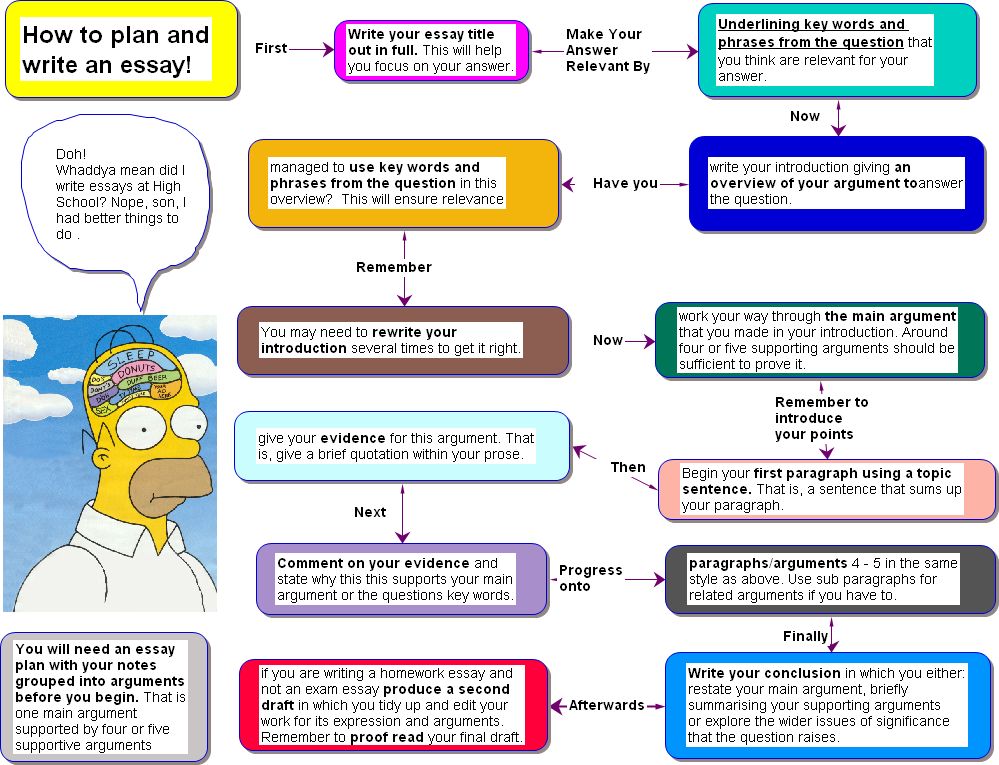 The more your partner knows you are working to help improve the relationship, it will help calm him down as well.
The more your partner knows you are working to help improve the relationship, it will help calm him down as well.
Don’t leave
Most couples try to leave to avoid conflict and many counselors will suggest to do so if the conflict begins to get heated. The problem with leaving is it can create more panic in your partner because feels as if you don’t care, and they have no idea when you are going to return. Leaving, or simply shutting down and going quiet, leaves the relationship with an unresolved wound. Instead, express to your partner that you really want to resolve the conflict and that you feel stuck when you get overwhelmed. Avoid leaving (as long as there is no violence in the relationship…if there is violence, absolutely LEAVE and seek safety) and reassure your partner that you are going to stick around and that they matter.
Bring down the wall
Many couples distance themselves, put up a wall, and sleep in different rooms after a long drawn out fight. The distance in the bond lingers around and both patiently wait for the other to make the first move or to reach out and connect the bond. Instead of waiting for your partner or sleeping with the distance, reconnect the bond by giving your partner a hug, say sorry, or acknowledge the pain. The quicker you bring down the wall, the less discomfort you will have to sit through.
Instead of waiting for your partner or sleeping with the distance, reconnect the bond by giving your partner a hug, say sorry, or acknowledge the pain. The quicker you bring down the wall, the less discomfort you will have to sit through.
Feeling Ignored? 4 Steps to Get Your Partner to Pay Attention
Article by Jennifer Chappell Marsh
How many times have you asked your partner to be affectionate, stop nagging or put the toothpaste cap on securely? When our requests get blown off, we are often left with feelings of frustration that leave us feeling disconnected from our significant other. Before you jump to the conclusion that your partner doesn’t care, or is just plain lazy – give the following techniques a try:
- Describe the Situation Objectively – We want to help the people we love. However, when we are blamed for our loved one’s difficulties it is natural to defend ourselves (which often snowballs into an argument). So, how do you get around the defensive hurdle so your needs are heard? Present the situation in an objective way.
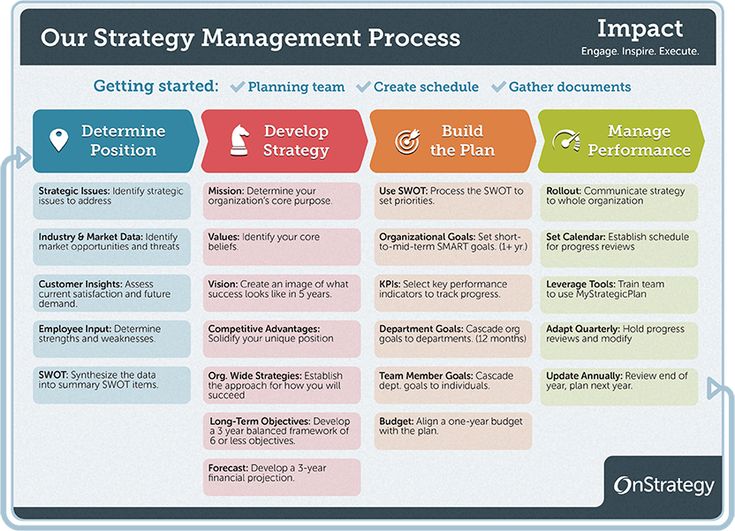 This means describing the situation, without using the word “you.” Take the toothpaste example: “You never put the cap on the toothpaste” vs. “When the toothpaste cap is off, it leaks on the sink” conveys very different messages. It may seem like a silly tweak in grammar, but using objective statements will make a big difference to the ears of your partner.
This means describing the situation, without using the word “you.” Take the toothpaste example: “You never put the cap on the toothpaste” vs. “When the toothpaste cap is off, it leaks on the sink” conveys very different messages. It may seem like a silly tweak in grammar, but using objective statements will make a big difference to the ears of your partner. - Identify the Feeling – The next step is to identify the feeling that comes up when this situation happens. When our requests are ignored, we are often left with feelings of frustration. For requests to pack a punch, we have to dig deep and identify the softer (or the primary) feeling underneath frustration. Primary emotions include fear, sadness, anger or shame. For example, “When I don’t receive regular affection, I feel scared like maybe I’m not desirable.”
- Get to the Heart of the Matter – We all have the core needs of wanting to feel important and that we matter to our partners. To identify your need, fill in the following sentence: If my partner responded to my request, I would feel like I ________________ to him/her.
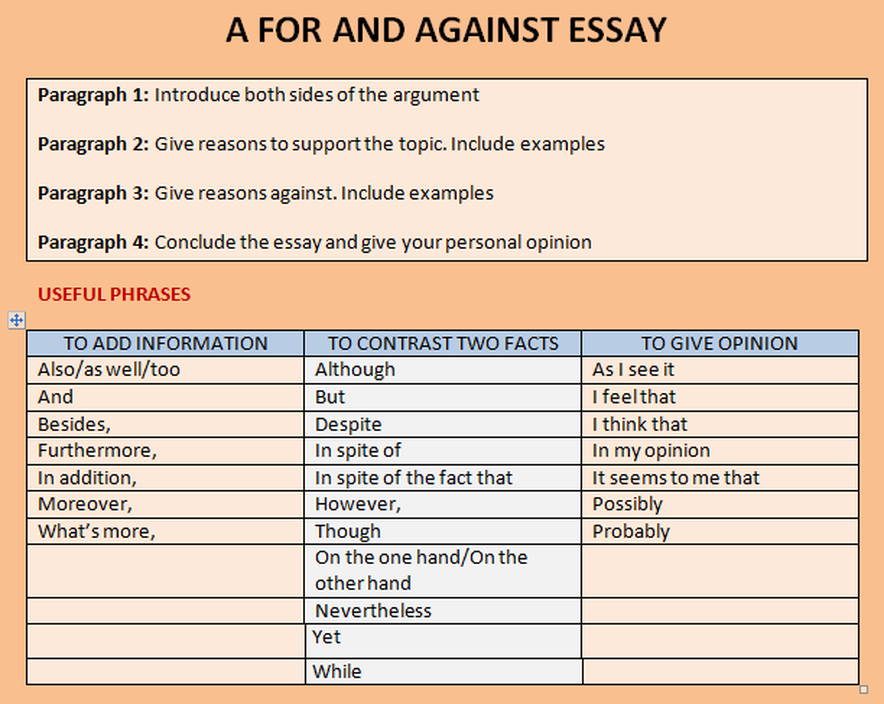
- Talk It Out – Now that you’ve identified what you need and the primary emotions driving those needs, it’s time to put it all together. Sit down with your partner when you are both calm. Start with describing the situation objectively (see #1), then let your loved one know how you feel when that happens (see #2) and then communicate what you need (#3).
Communicate this to your partner objectively to get the best response to any request you have—from toothpaste caps to more personal issues. If you and your partner are in the San Diego area and need additional support with communication, consider making a marriage therapy or couples counseling appointment.
How to Communicate with Your Significant Other When You're Arguing
Whether we call it a heated discussion, disagreement, or fight, arguing with someone we love is never easy. It can leave us feeling upset, frustrated, and even guilty about things we wish we had never said. Try as we might to avoid it, conflict is inevitable in any close relationship.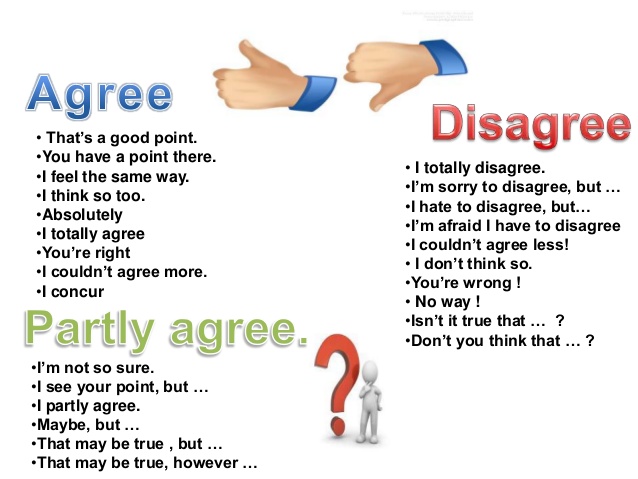 However, there are things we can do to communicate more effectively while making sure we respect our partner’s feelings and, ultimately, make an argument feel a little more constructive.
However, there are things we can do to communicate more effectively while making sure we respect our partner’s feelings and, ultimately, make an argument feel a little more constructive.
We all know it’s best to describe our partner’s behavior when sharing something we’re upset about. As much as possible, it also helps to focus on our own thoughts, feelings, and behaviors. Sharing the way we feel and proposing how we’d like things to be different (e.g., “I feel hurt when you… I think it could help if you…”) can help our partner hear our message without feeling personally attacked or blamed.
Focusing on our own reactions can be equally important when we’re disagreeing with our partner
Owning our piece of an argument goes beyond using “I statements”. It’s about knowing what sets us off and recognizing how our particular vulnerabilities make us feel like benign comments are personal attacks. It’s also important to take responsibility for our piece of the conflict. Focusing on our own reactions can be equally important when we’re disagreeing with our partner. Instead of being defensive (e.g., “Actually, this is your fault” or “You’re overreacting”) saying something like “I don’t necessarily see it that way” can help diffuse the tension going forward.
Focusing on our own reactions can be equally important when we’re disagreeing with our partner. Instead of being defensive (e.g., “Actually, this is your fault” or “You’re overreacting”) saying something like “I don’t necessarily see it that way” can help diffuse the tension going forward.
Statements like “You always …” or “You never…” often come from a place of frustration or our desire to emphasize just how upset we really are. These kinds of overgeneralizations actually take away from the message we’re trying to send. They also devalue the moments when our partner really does make an effort, which can increase resentment on both ends. Avoiding exaggerations makes it more likely that our partner will be receptive to what we have to say.
3. Don’t assume you know what each other is thinking or feelingWhen we’ve been together for a while, it’s easy to assume that we know what our partner is thinking.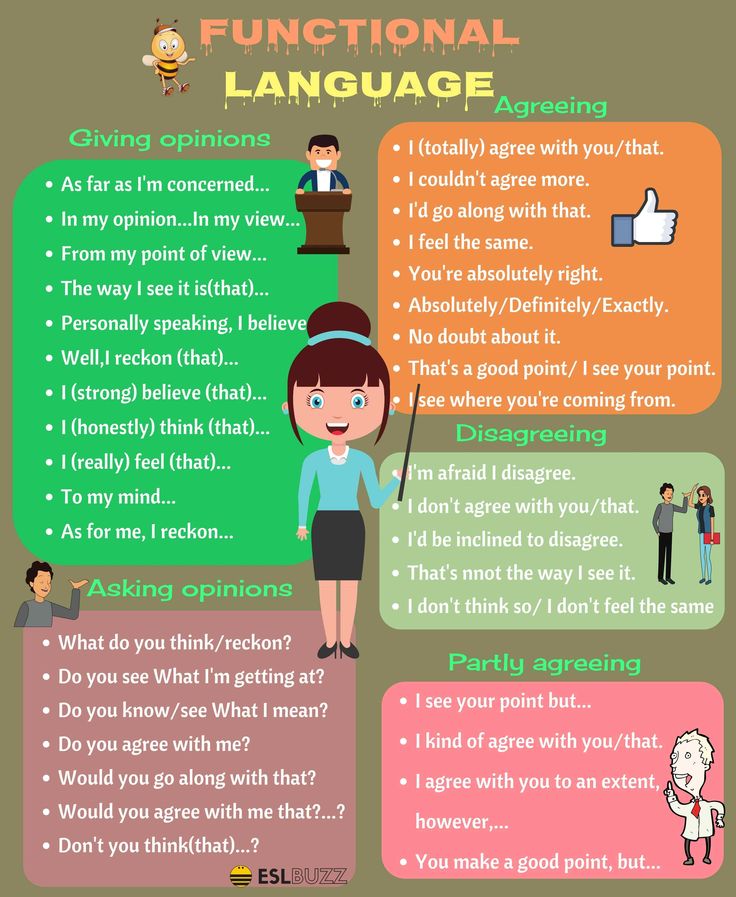 We might also feel like they should know what we’re thinking or feeling. While having insight into each other’s reactions can be helpful, it can also lead to further conflict when one person guesses incorrectly. Noticing and questioning our assumptions (e.g., by asking our partner what they’re actually experiencing) can help to limit misunderstandings.
We might also feel like they should know what we’re thinking or feeling. While having insight into each other’s reactions can be helpful, it can also lead to further conflict when one person guesses incorrectly. Noticing and questioning our assumptions (e.g., by asking our partner what they’re actually experiencing) can help to limit misunderstandings.
Perceived criticisms aren’t always personal attacks and we need to let some things slide.
It’s also important to take the time to clearly explain what we’re really thinking or feeling, and to not make our partner feel badly when they aren’t quite sure on their own. In fact, it’s actually kind of nice knowing we can still surprise each other from time to time.
4. Pick your battlesThere will be times when our partner unintentionally says or does something that hurts us. Perceived criticisms aren’t always personal attacks and we need to let some things slide. Of course, arguments happen in less than ideal circumstances from now and then.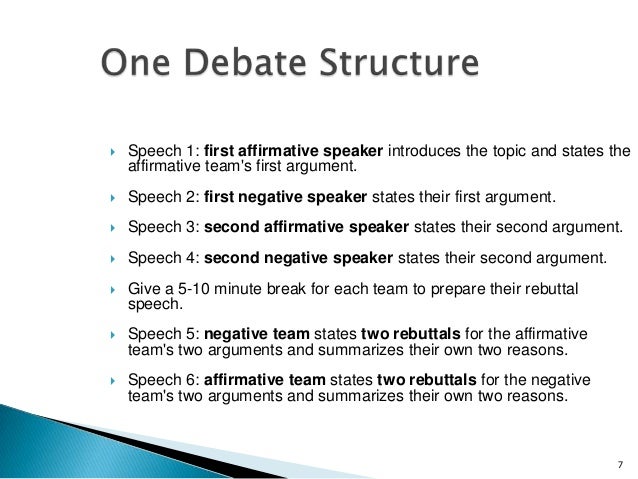 Finding a time to express your perspective when there aren’t others around and you both have the time to really hear each other out in an environment that feels safe and comfortable helps to foster a constructive and respectful discussion.
Finding a time to express your perspective when there aren’t others around and you both have the time to really hear each other out in an environment that feels safe and comfortable helps to foster a constructive and respectful discussion.
Being specific and having examples to back up our points can help us focus on our partner’s behavior and avoid overgeneralizations. It’s a fine line between having a few key examples and making it seem like we’ve been keeping a running tally. Focusing on a few recent or significant examples and being prepared to explain how we felt and what we’d like our partner to do differently next time is usually the best way to go.
6. Avoid bringing others into the mixWhen we’re feeling frustrated or misunderstood, it’s only natural to want to call for backup. It might be tempting to say things like “I’m not the only one who feels this way” or “My friends also think you are …”. When we use others to reinforce our point, our partner can feel like we are ganging up on him or her and it can create additional conflict with those involved. It also gives the impression that our perspective isn’t enough, which can actually make us feel even more powerless.
When we use others to reinforce our point, our partner can feel like we are ganging up on him or her and it can create additional conflict with those involved. It also gives the impression that our perspective isn’t enough, which can actually make us feel even more powerless.
Even the best of us have trouble communicating effectively when emotions are running high. That’s why it’s a good idea to do everything we can to avoid reaching a state where we’ll say something we’ll regret or distract from the point we’re trying to get across. It’s perfectly okay (and sometimes even preferable) to remove ourselves from a situation when we notice ourselves becoming increasingly angry or upset.
Sometimes, we might hold back from expressing our thoughts because we’re afraid to stir up conflict, but over time these pent-up feelings can cause us to lash out in unexpected ways.
There’s a big difference between walking away to be avoidant or passive aggressive, and removing oursleves with the intention of returning when we can interact in a more productive way.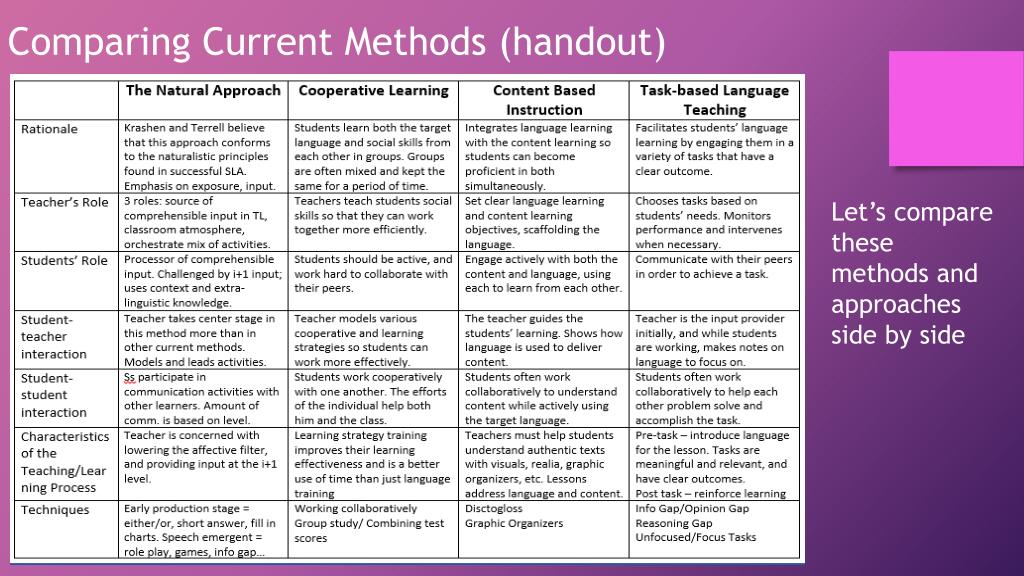 Letting our partner know that we need a time out, and taking the time to self-soothe with whatever we need to calm down (e.g., going for a walk, listening to music, taking a bath), allows us to continue the conversation when we’re in a better place to really engage and connect.
Letting our partner know that we need a time out, and taking the time to self-soothe with whatever we need to calm down (e.g., going for a walk, listening to music, taking a bath), allows us to continue the conversation when we’re in a better place to really engage and connect.
When we’re in the middle of an argument, it sometimes helps to remind ourselves of the things our partner does that makes us feel supported. Acknowledging these things out loud and expressing our appreciation for our partner can be an important step in creating a more constructive and respectful conversation. Reinforcing the behaviors we find helpful is typically much more effective than criticizing the things that upset us.
9. Know your right to have your feelings heardSometimes, we might hold back from expressing our thoughts or feelings because we’re afraid to stir up conflict. Over time, these pent-up feelings can actually cause us to lash out in unexpected ways or at surprising times.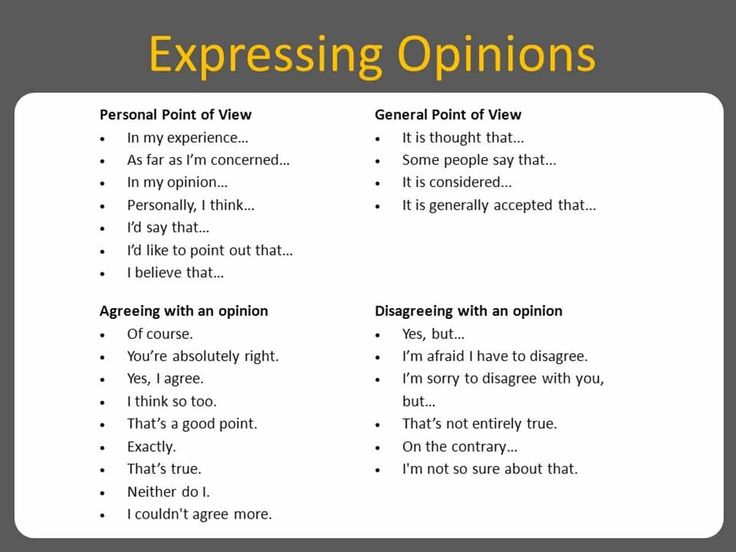 Recognizing how helpful it can be to actually express our thoughts and feelings can help us avoid unnecessary arguments in the long run.
Recognizing how helpful it can be to actually express our thoughts and feelings can help us avoid unnecessary arguments in the long run.
The age-old advice really is true. While it isn’t always possible to resolve the issue right then and there, making amends before falling asleep can help us make sure we’re not left with negative thoughts and feelings that build over time. Getting a good night sleep can also reduce future conflicts by helping us to better manage our emotions and continue the conversation in a constructive way going forward. Before falling asleep, take a moment to remind each other you likely both have similar goals and that you’re on the same team.
We quarrel according to the rules: how to behave during a conflict with a loved one
Psychology
Disagreements and quarrels are not just inevitable, they are good for relationships: even if you are convinced that you are made for each other and understand your loved one perfectly, each of you are a separate person with a unique set of chromosomes, a one-of-a-kind character and temperament and life experience. It's the differences, not the similarities, that we usually fall in love with - and it's the differences that cause our arguments. We figure out how to learn how to quarrel properly in order to turn each conflict into a useful lesson in mutual understanding and a way to get to know each other better.
It's the differences, not the similarities, that we usually fall in love with - and it's the differences that cause our arguments. We figure out how to learn how to quarrel properly in order to turn each conflict into a useful lesson in mutual understanding and a way to get to know each other better.
1. Discuss the problem, not the person
As much as you feel offended by your loved one, try not to generalize or throw accusations - instead, address the situation itself and tell how you feel about it. Compare how different the phrases sound: “You never remember what is important to me! You don’t give a damn about my feelings and our relationship!” and “I’m really sad that you forgot about our wedding anniversary. This is a very important day for me and I really hoped that you would remember about it. We are talking about the same thing, but in the second option there is more sincerity and much less accusations - which means more chances to be heard.
2. Listen
Sometimes, in the heat of a quarrel, we do not notice how a constructive dialogue turns into a skirmish between two people unable to hear each other, each of whom is eager to express everything that is “boiling”.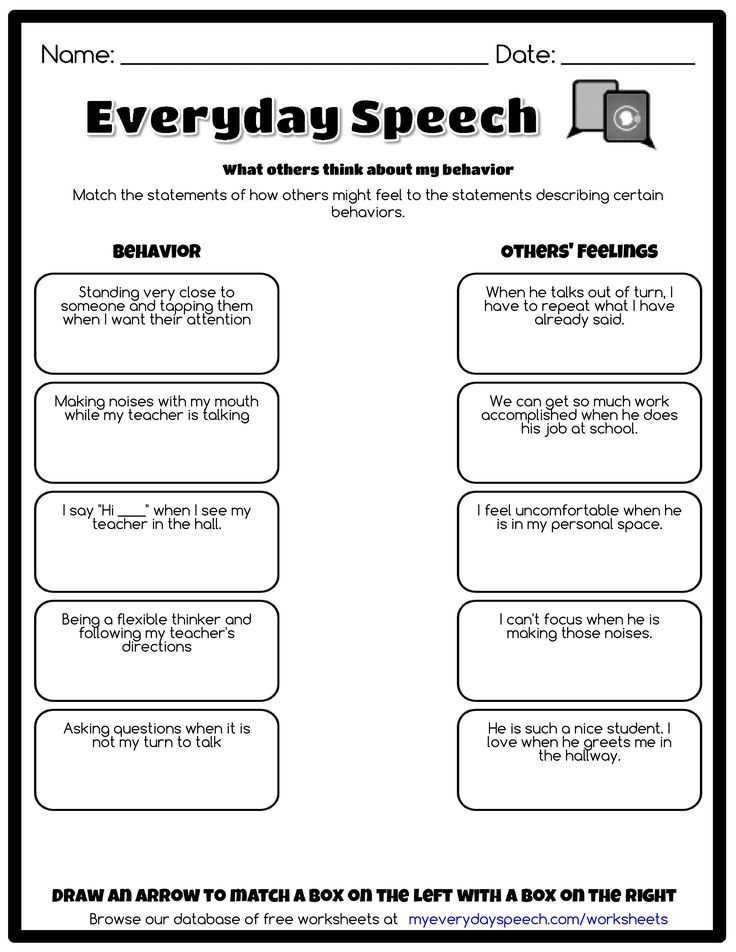 Try during the next conflict to choose the tactics of the listener - give your loved one the opportunity to speak out, while really trying to understand and hear him. In this case, the habit of asking again is useful: “Did I understand correctly that ...” - only this should be done sincerely, without bile and sarcasm. Such a simple technique may surprise you with its result: sometimes it turns out that the reason for constant quarrels is simply the desire to be heard.
Try during the next conflict to choose the tactics of the listener - give your loved one the opportunity to speak out, while really trying to understand and hear him. In this case, the habit of asking again is useful: “Did I understand correctly that ...” - only this should be done sincerely, without bile and sarcasm. Such a simple technique may surprise you with its result: sometimes it turns out that the reason for constant quarrels is simply the desire to be heard.
3. Leave past quarrels in the past
In the comedy "What Men Talk About" one of the characters declares that he will never have a reason to divorce his wife - and all thanks to her "lightness" and the unique ability to forget about quarrels and troubles. Talent is really rare - much more common is the habit of using each conflict as an excuse to remember all of your beloved's wrongdoings, from the trash can that was not carried out the day before to last year's flirting at a corporate party. Unspoken grievances tend to slowly but surely undermine relationships - which means you should learn to deal with them in a timely manner and not create a “piggy bank of claims” that provoke quarrels.
4. Do not abuse ultimatums
“Either we start helping me around the house, or I quit my job!”, “Either we get married right now, or we break up!”, “Either your friends - or me!” - if you often throw such statements, then keep in mind that ultimatums are not only ineffective, but also very insidious: they are appropriate only in rare, extreme cases, and resorting to them all the time, you risk seriously spoiling your relationship with your loved one - not a single man I don't like being manipulated.
5. Do not raise your voice
If you are an emotional person, this advice may seem difficult for you - for some, a quarrel, by definition, is impossible without a conversation in raised tones and a couple of broken plates. It’s just that it’s much more difficult to hear each other in this case - it’s not in vain that they say that “a quiet voice is heard far away.” Even if your lover now and then breaks into a cry, do not succumb to his example - where is it better to take a break, give each other the opportunity to take a breath (for example, go for a walk alone) and calmly continue the conversation later.
6. Don't strive to be always right
Sometimes the best thing you can do to resolve a conflict is not to seek out another batch of arguments, but to yield. If the argument has reached a dead end and turned into a pointless skirmish, a simple “Yes, you are probably right” will save a lot of effort, time and nerves. By giving up the desire to win every debate, you will eventually win in the main, preserving the relationship: it’s not for nothing that they say that it’s not the one who is happy who is right, but the one who is happy is right.
Plyusnina Anna
Tags
- Psychology
Swear correctly! 10 tips on how to behave during a quarrel | People | SOCIETY
Yana Khvatova
Estimated reading time: 5 minutes
80108
Plot Psychology A quarrel should not end in mutual resentment.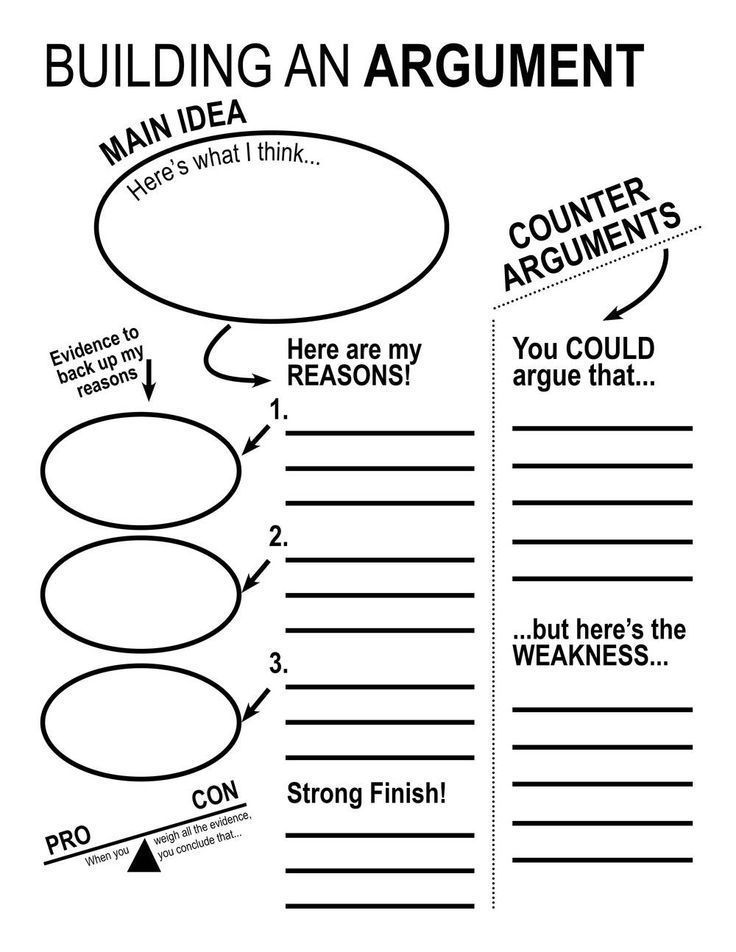 pixabay.com
pixabay.com
Even a happy family life cannot be imagined without quarrels. As you know, truth is born in a dispute, but in reality this does not always happen. Most often, mutual reproaches and resentments appear in the conflict, which only aggravate the situation and lead to discord between people. Psychologist Vladimir Klimov told how to quarrel so as not to spoil relations with a person and resolve the conflict.
Don't delay
The psychologist advises not to be silent if something does not suit you in a relationship with a friend or loved one. In the end, there will be so many understatements that you will simply "explode", and your friend will not expect this at all. Try to solve problems as they come. If you don't like something, say so right away. Small troubles are much easier to resolve than a conflict that has matured over a long time.
Write down your complaints
To prevent the showdown from turning into an exchange of insults and reproaches, prepare for an unpleasant conversation.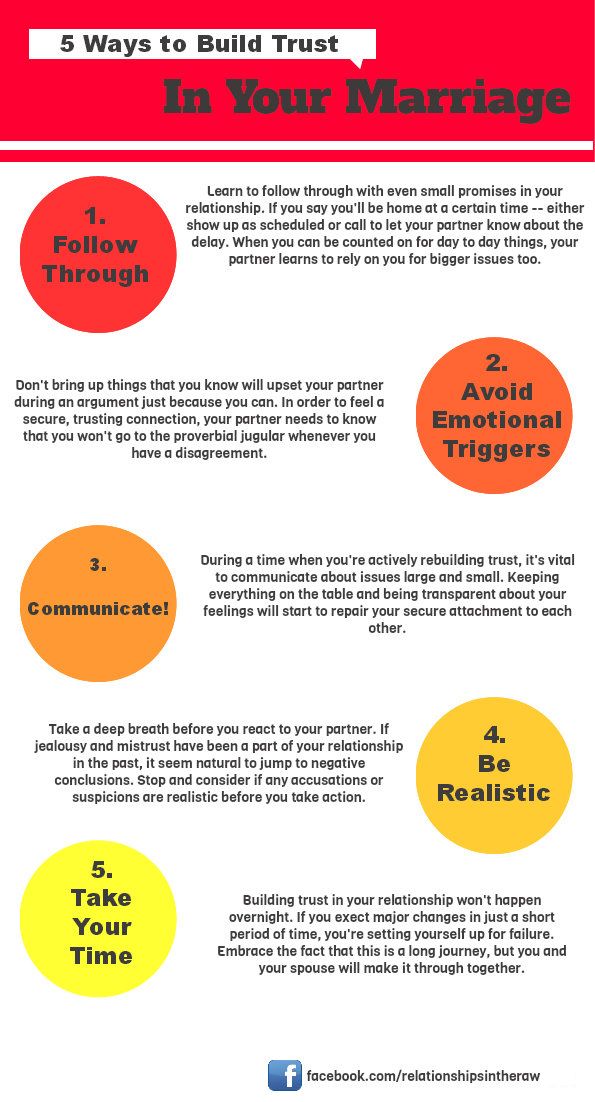 Formulate your claims to the person in advance - clearly and to the point, but rather write them down on paper. Analyze how they are logical and justified. In a conversation, do not deviate from these points and do not stoop to unfounded accusations.
Formulate your claims to the person in advance - clearly and to the point, but rather write them down on paper. Analyze how they are logical and justified. In a conversation, do not deviate from these points and do not stoop to unfounded accusations.
Know how to listen
Remember that family conflict is not a monologue. Let the other person speak, listen and weigh their arguments. Your position may not be the only correct one!
One conversation, one problem
It is not necessary to discuss all problems at once. If there are several controversial points, it is better to devote a separate conversation to each, otherwise no constructive work will come of it. “Let’s say a woman is unhappy that her husband doesn’t earn enough, and he also scattered socks all over the room,” says Klimov. - These are two completely different problems, both in nature and in scale, and there is no need to mix them in one heap. Listing the shortcomings of another person, you can get carried away and say a lot of unnecessary things. Deal with one problem first, like socks, and then move on to the next - but not on the same day.
Deal with one problem first, like socks, and then move on to the next - but not on the same day.
Don't call names
Insulting or humiliating your opponent, you will only spoil your relationship with him, and will not solve the existing problem. In addition, most likely, later you yourself will regret the carelessly thrown words. "Don't use expressions like 'you let me down all the time' or 'you're no good'," the expert warns. - Calmly explain the essence of your claims, reinforcing the words with specific examples, not general phrases.
Do not compare
Comparing a person with someone else, you cause him a serious psychological trauma. Phrases like “Aunt Lena’s son is much more successful than you” or “My mother cooks borscht is much tastier” offend your loved ones. Each person is an individual, and he should not be like someone else.
Suggest a solution to the problem
It is very easy to express all your claims to another person. It is much more difficult to find a solution to the problem. During a quarrel, offer the interlocutor options that you consider acceptable. “If you don’t know how to resolve a conflict situation, it’s better not to start a quarrel at all,” the psychologist advises. “Since you don’t have a solution, why should someone else have it?”
It is much more difficult to find a solution to the problem. During a quarrel, offer the interlocutor options that you consider acceptable. “If you don’t know how to resolve a conflict situation, it’s better not to start a quarrel at all,” the psychologist advises. “Since you don’t have a solution, why should someone else have it?”
Swear without witnesses
Never begin to sort things out in the presence of other people - even close relatives, even passers-by. Your relationship is your own business. Starting to splash out the negative on someone in front of witnesses, you put everyone around you in an awkward position, without exception.
Do not be afraid to apologize
If in the course of a quarrel you begin to realize that you were wrong, find the strength to admit it and apologize. Do not forget that you started an unpleasant conversation not in order to assert yourself at the expense of another person, but in order to solve this or that problem.
Is it necessary to quarrel?
Before going into conflict, once again weigh the pros and cons. Perhaps tomorrow you will already forget about the unpleasant situation? “This is especially applicable to those situations in which a person could piss you off for reasons beyond his control,” Klimov notes. - I didn’t call because I was at a meeting, I was late because the metro station was closed. Believe me, many situations are not worth your time and nerves!
See also:
- Do not fall for provocations. How to deal with unpleasant relatives? →
- It is better to remain silent. 10 phrases that a smart person will never say →
- My tongue is my enemy. Or friend →
psychology relationship
Next article
You may also be interested in
- Don't hang out with a fool! 10 signs of a stupid person
- Do not be nervous! 10 ways to quickly calm down in a stressful situation
- Don't let yourself be offended.

Learn more




